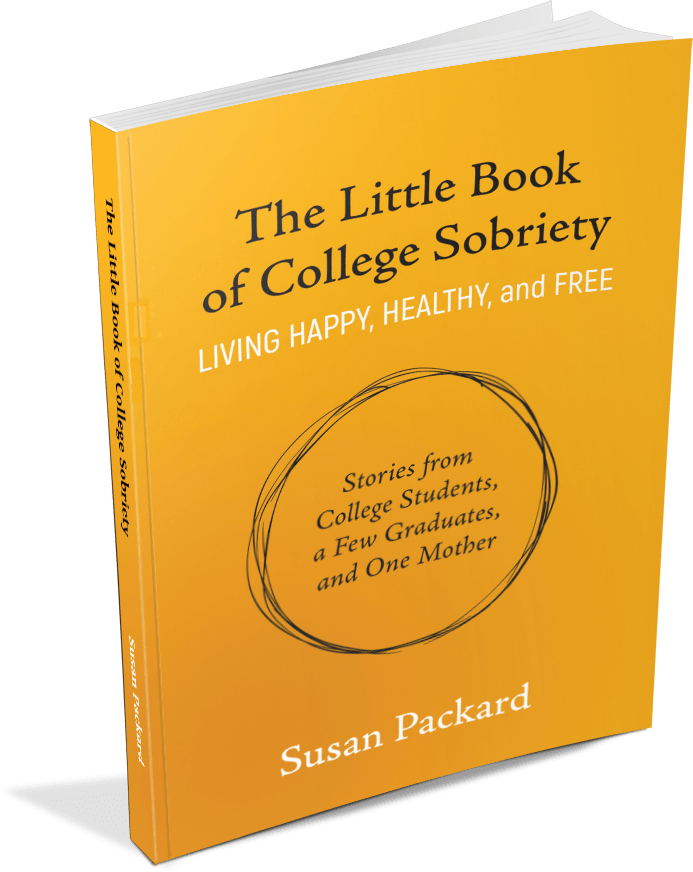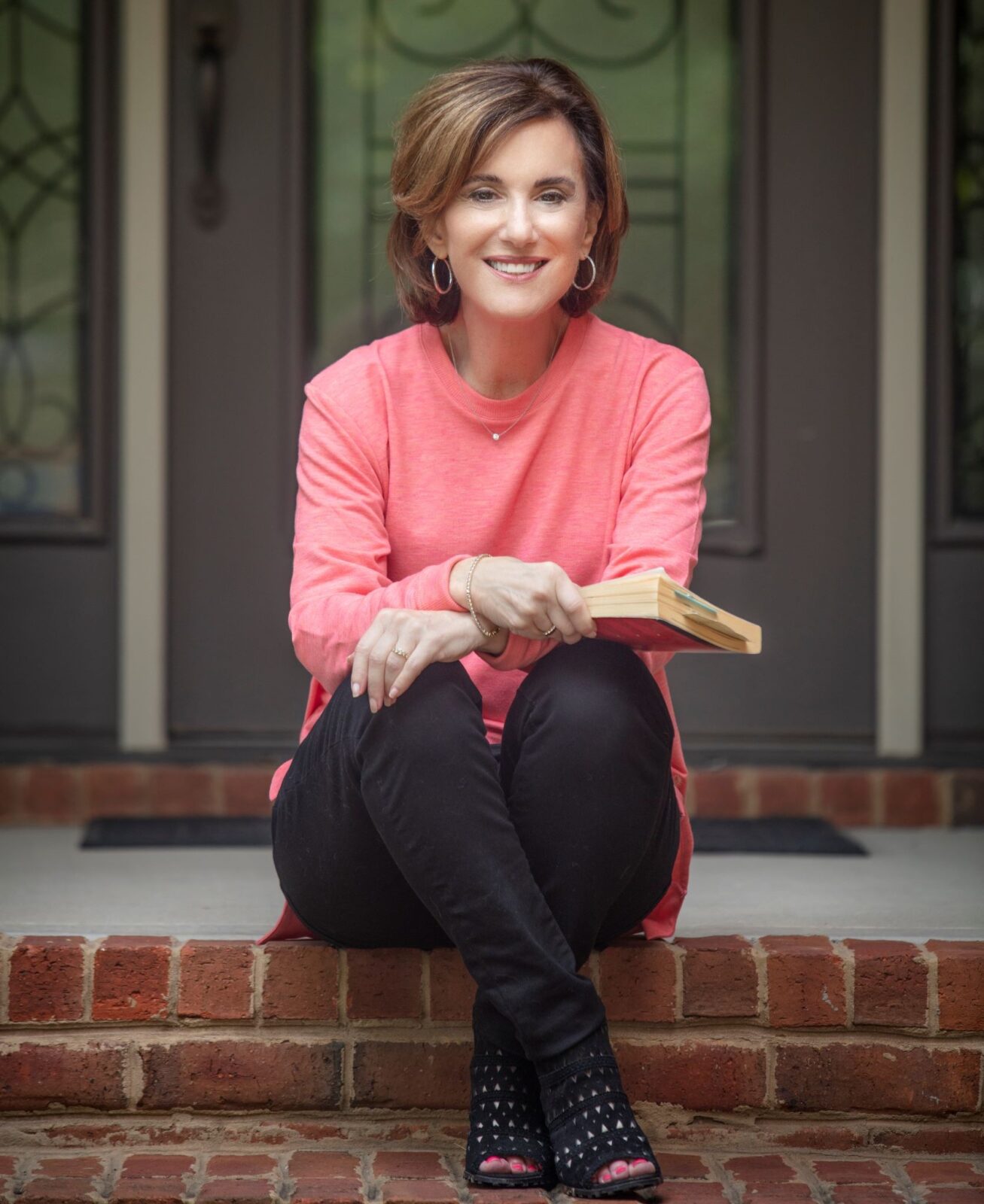The Little Book of College Sobriety by Susan Packard
The proceeds from the sale of this book go to the Association of Recovery in Higher Education. ARHE is the only association exclusively representing college students in recovery, and staff and faculty who support them.

Book Description
The path to recovery is a trek from self-discovery to action. The courageous young storytellers in this book describe this journey, and the moment when the pain of addiction meets the joy of connection–and joy wins. Their stories shed new light on ways to grow and sustain good emotional health for anyone wanting to live with steadiness, peace of mind and joy.
You can listen to the stories too, through pre-recorded audio tracks found in the book.

Susan Packard is a media entrepreneur and a sober, hope-rich author who has contributed to the New York Times, Wall Street Journal, Fast Company, and Refinery 29. This is her third book about emotional fitness and the many shapes it takes in people’s lives, and how it is essential to living with peace and joy. She is a frequent speaker and gave a TEDx talk about emotional fitness at UCLA.
Hear directly from Susan as she talks about the book and her reasons for writing it:
